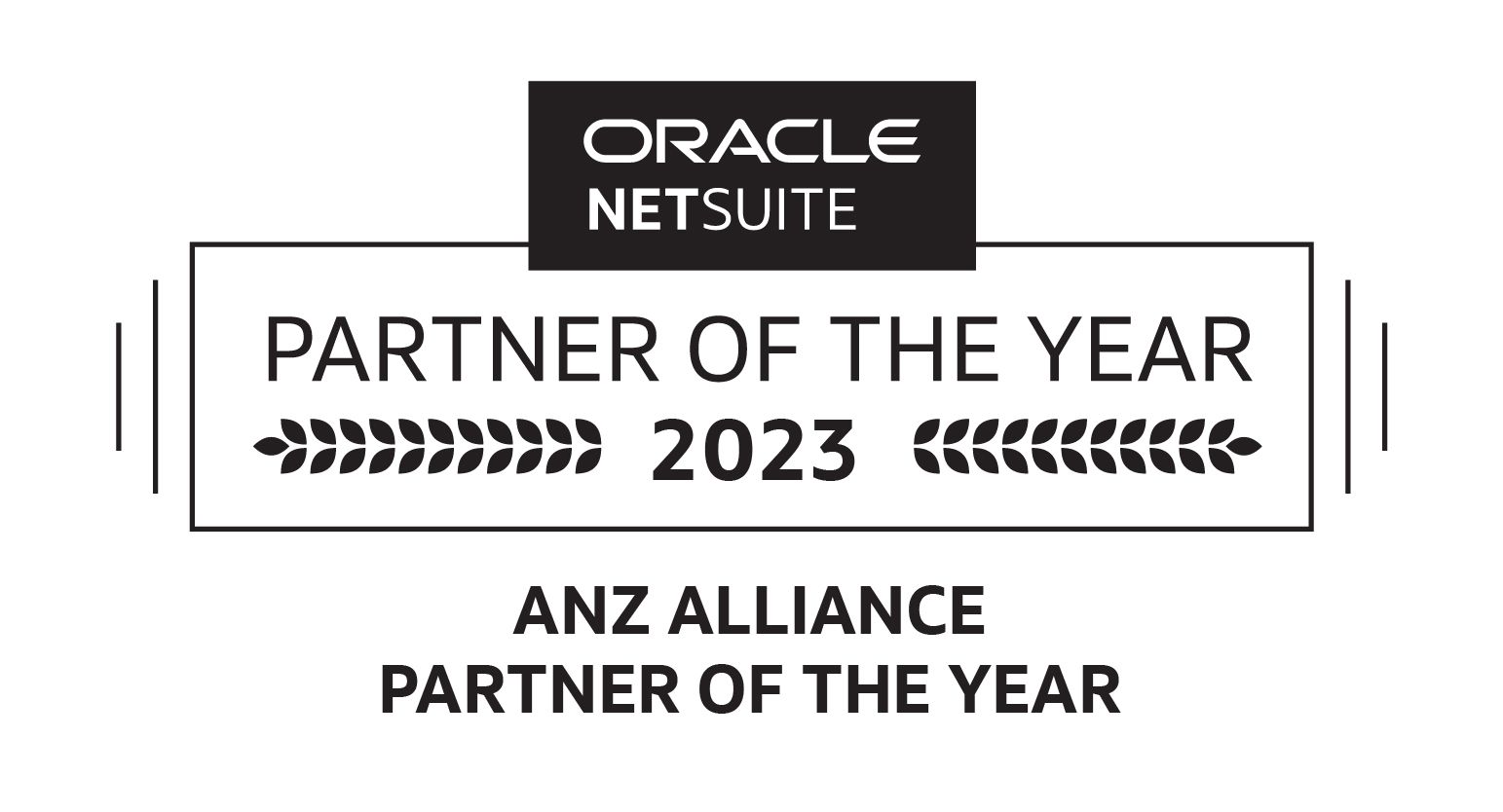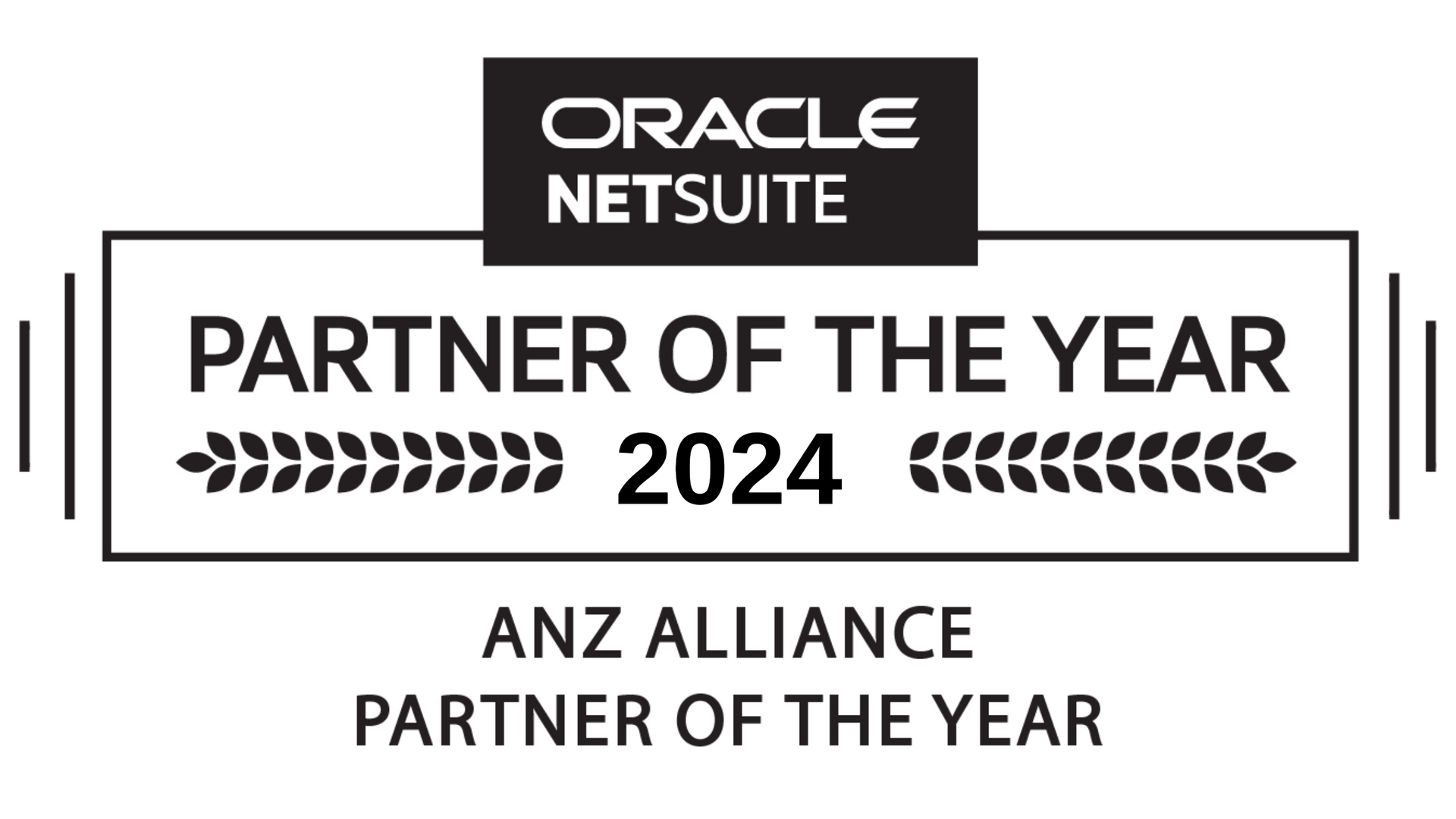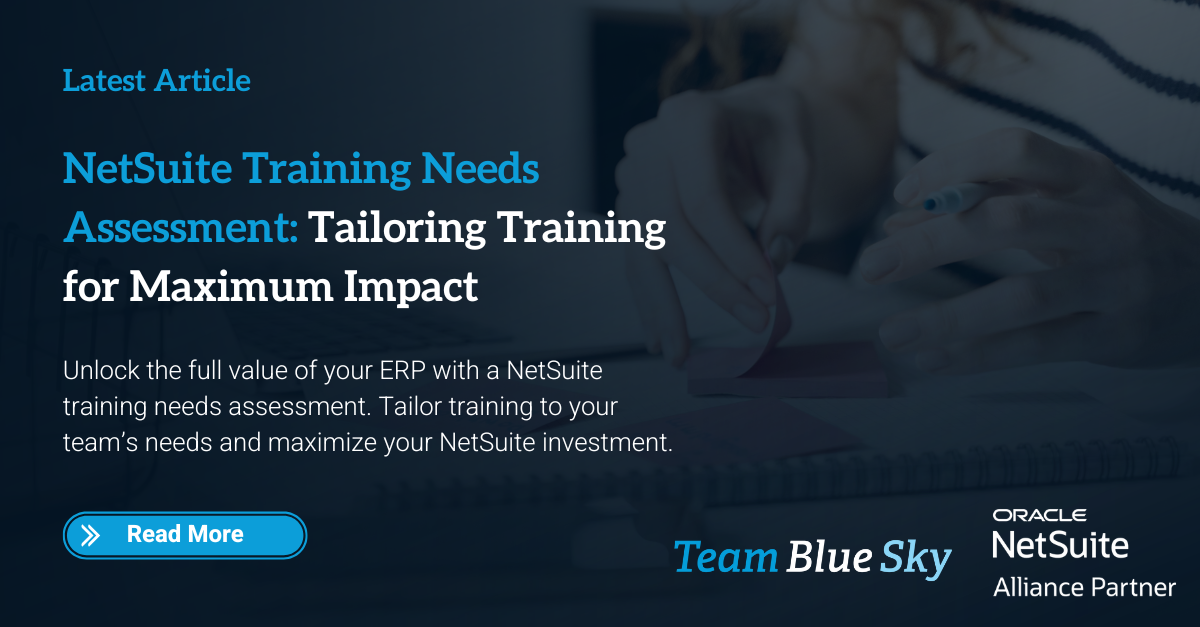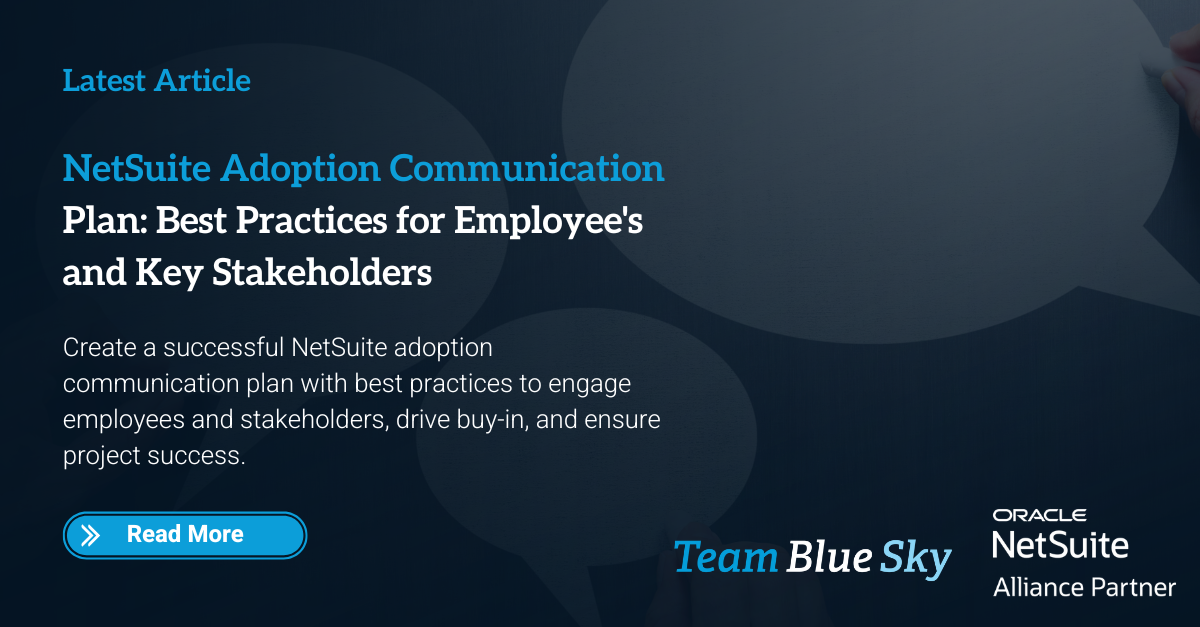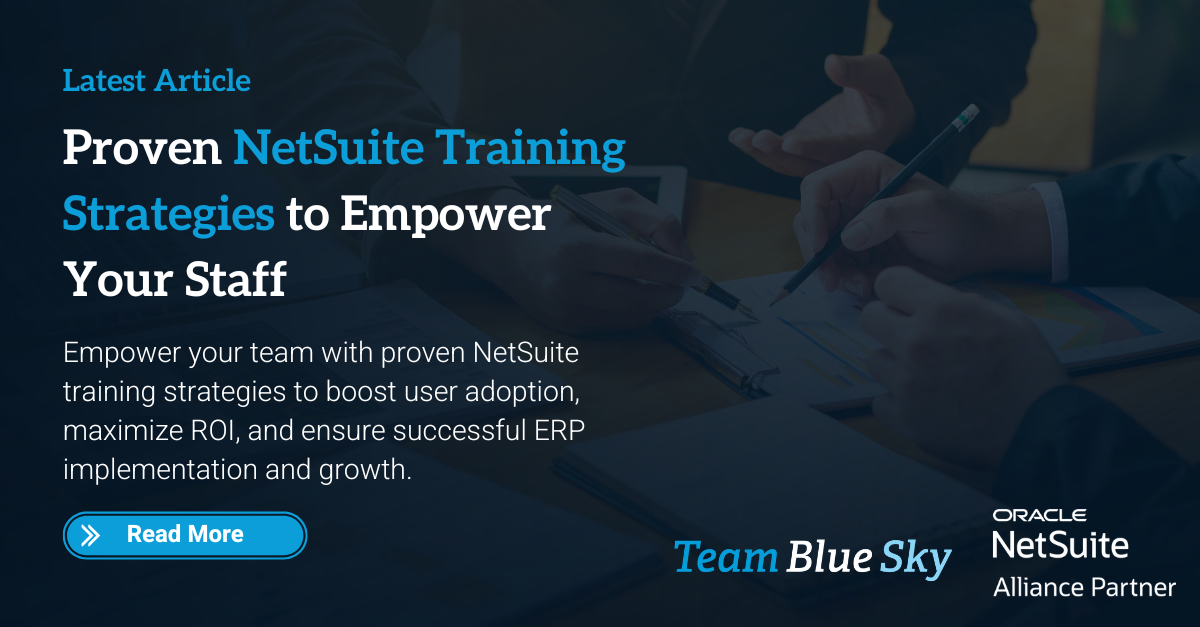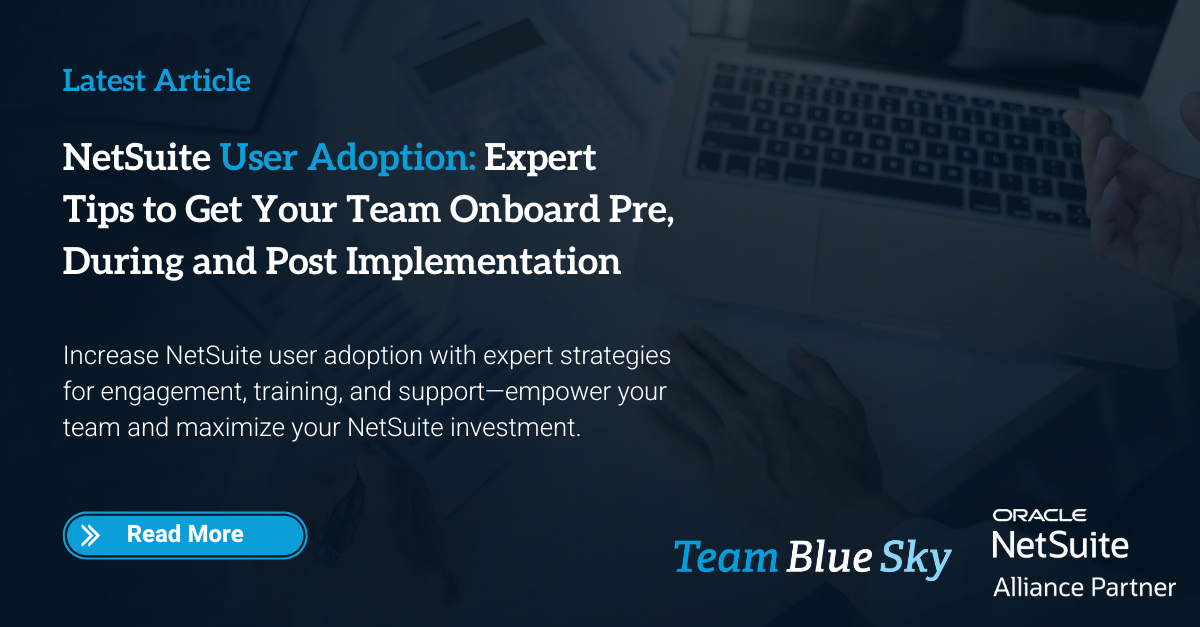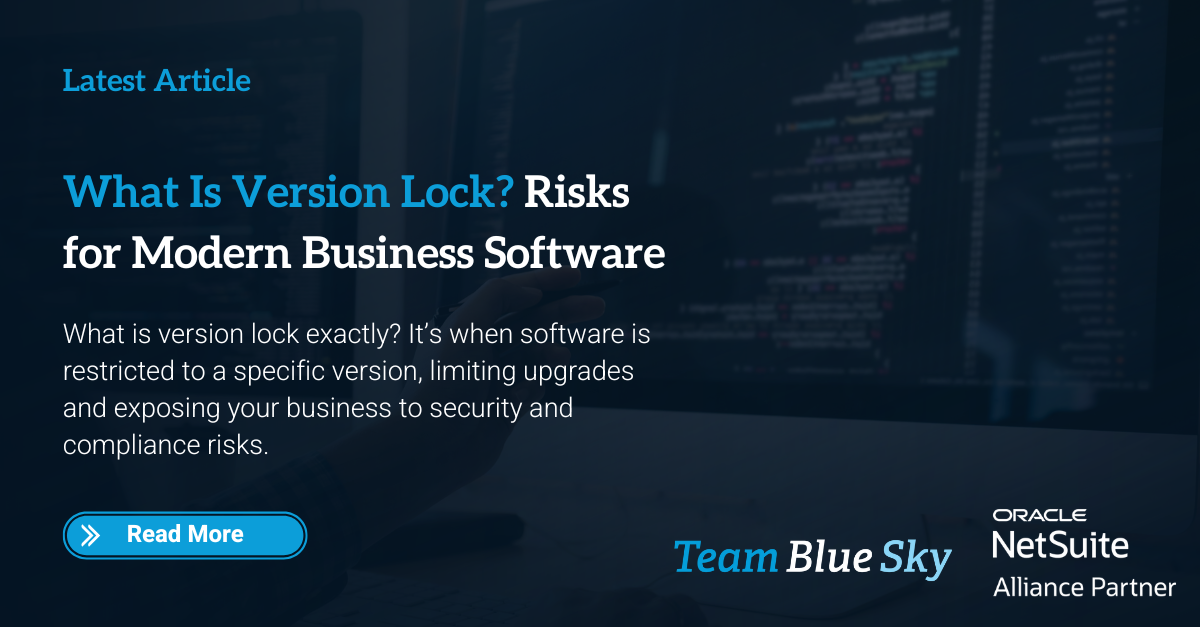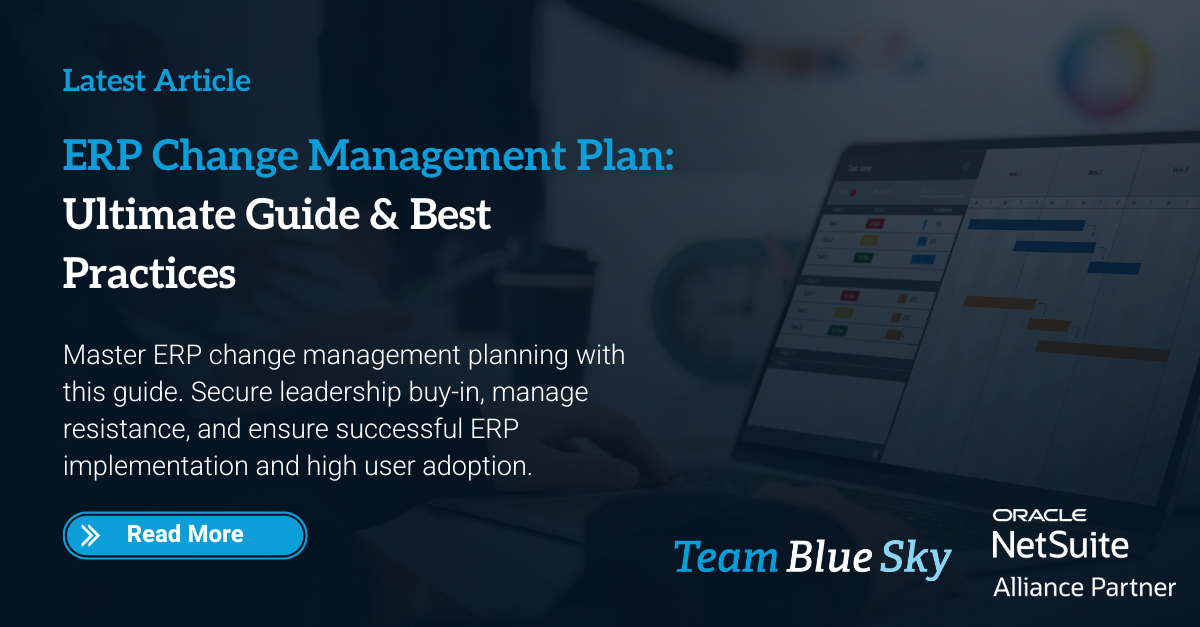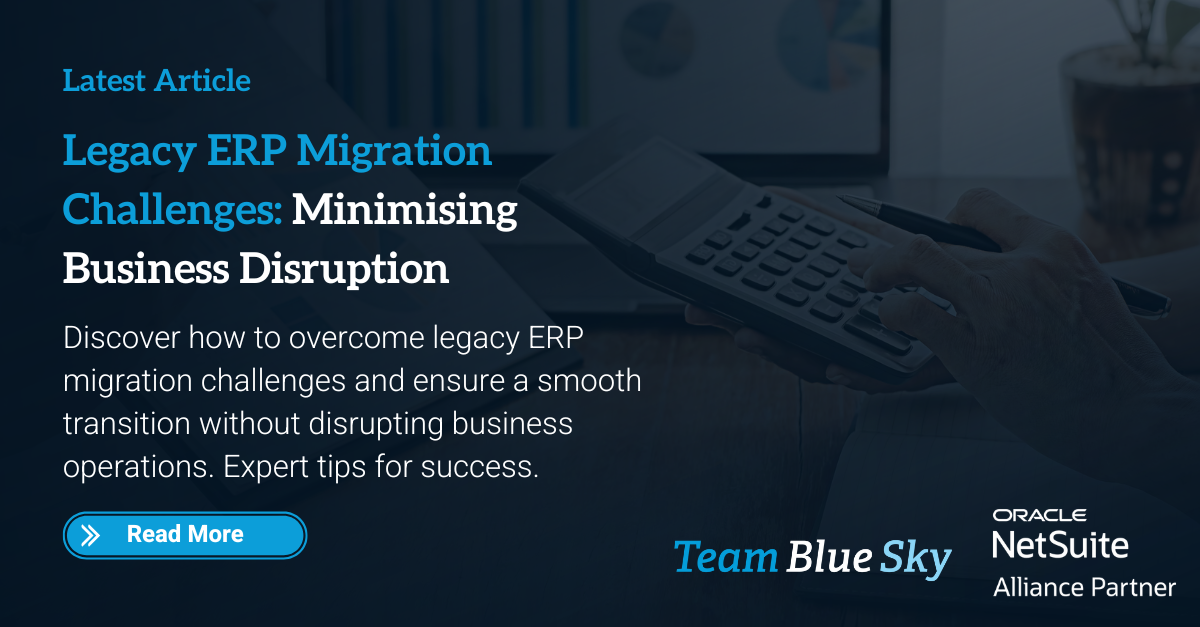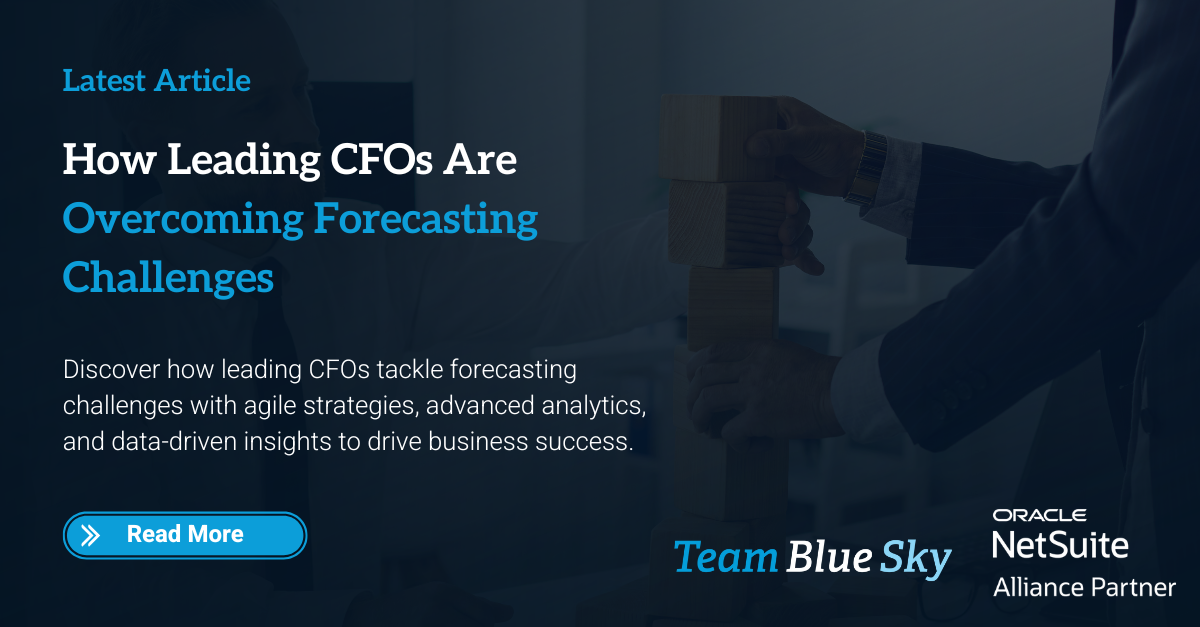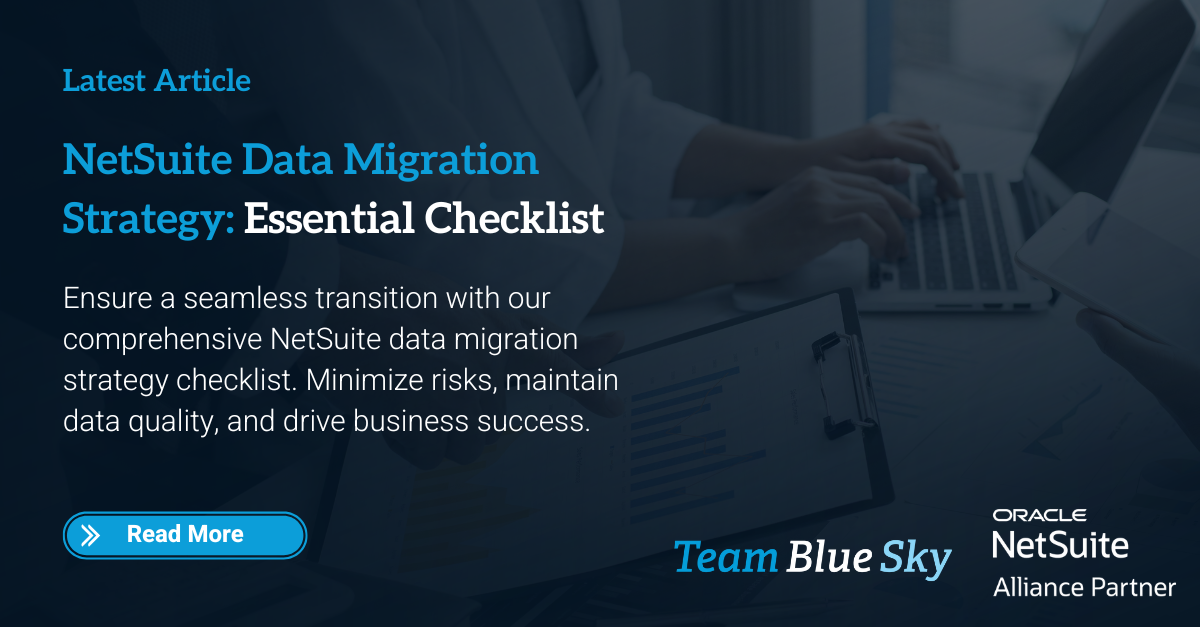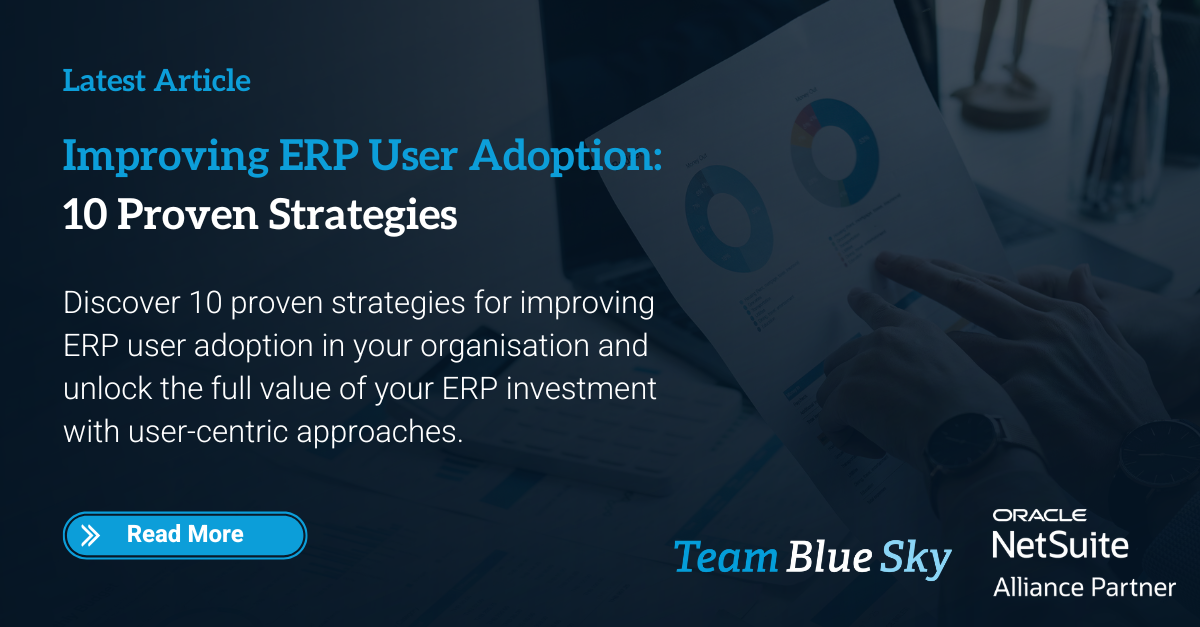Management Reporting Essentials
Management reporting is a crucial aspect of running a business, providing decision-makers with the information they need to make informed choices about operations and strategy. In this article, we'll explore the different types of management reports, the key components of a successful report, and some best practices for creating effective management reports. We'll also discuss some common challenges that businesses face when it comes to management reporting and how to overcome them.
Types of Management Reports
There are several types of management reports that businesses use to track and assess performance and operations. Some common types of management reports include:
Operational reports
These reports provide information about the day-to-day operations of a business. They might include metrics such as the number of customer inquiries received, the number of products sold, or the number of hours worked by employees.
Financial reports
Financial reports are essential for providing decision-makers with insight into the financial health of their business. Financial reports can include a wide range of information, such as balance sheets, income statements, and cash flow statements. Balance sheets provide an overview of a company's assets, liabilities, and equity at a given point in time. Income statements show a
Performance reports
Performance reports are an important type of management report that provide information about how well a business is meeting its goals and objectives. These reports can help decision-makers understand what is working well and where there may be opportunities for improvement.
Performance reports might include metrics such as revenue growth, which provides information about the overall financial health of the business. This might include year-over-year revenue growth, as well as comparisons to industry benchmarks or previous periods.
Components of a Management Report
A well-crafted management report should include the following key components:
Executive summary
The executive summary is a brief overview of the key findings and recommendations of the report. It should be concise and easy to understand, allowing busy decision-makers to quickly grasp the most important information.
Introduction and background
The introduction and background section of a management report is an important part of the overall document, as it provides context and sets the stage for the rest of the report.
The introduction should clearly outline the purpose of the report, explaining why it was created and what it is intended to achieve.
Data and analysis
The heart of the report should be the data and analysis, presenting the findings of the report in a clear and concise manner. This might include tables, charts, and other visuals to help illustrate the data.
Recommendations and conclusions
Based on the data and analysis, the report should provide recommendations for action and conclusions about the implications of the findings.
Best Practices for Management Reporting
To create effective management reports, there are a few best practices that businesses should follow:
Use clear and concise language
Management reports should be easy to understand, avoiding jargon and using simple, straightforward language.
Use visuals to present data
Visuals such as charts and graphs can help make complex data more accessible and easier to understand.
Use consistent formatting
Consistent formatting helps make the report easier to read and navigate, allowing decision-makers to quickly find the information they need.
Update reports regularly
Management reports should be regularly updated to reflect the most current data and insights. This allows decision-makers to stay informed and make timely decisions based on the most up-to-date information.
Common Challenges in Management Reporting
Despite their importance, management reports can be challenging to create. Some common challenges include:
Gathering and organizing data
One of the biggest challenges in management reporting is collecting and organizing the necessary data. This can be particularly challenging for businesses with complex operations or multiple departments.
Ensuring data accuracy
It's crucial that the data in management reports is accurate, as decision-makers will rely on it to make informed choices. Ensuring data accuracy can be challenging, particularly if data is coming from multiple sources.
Time constraints
Time can be a major challenge when it comes to management reporting. Gathering data, analysing it, and crafting a report all take time, and it can be difficult to fit these tasks into a busy schedule.
Lack of standardisation
Without clear guidelines and standards, management reports can vary widely in terms of format and content, making it difficult to ensure consistency and accuracy across reports.
By following these best practices and addressing common challenges, businesses can create effective management reports that provide valuable insights into their operations and help inform decision-making. With the right data and analysis, management reporting can be a powerful tool for driving growth and success.
Conclusion
Effective management reporting is essential for businesses of all sizes. It provides decision-makers with the information they need to make informed choices about operations and strategy. By understanding the different types of management reports, the key components of a successful report, and some best practices for creating effective management reports, businesses can ensure that they have the tools they need to make informed decisions and drive success. However, creating management reports can be challenging, and businesses may face obstacles such as gathering and organising data, ensuring data accuracy, and overcoming time constraints. By addressing these challenges and following best practices, businesses can create effective management reports that help drive success.
About TeamBlueSky and Our Management Report Writing Services
TeamBlueSky is a professional
management reporting service that provides businesses with the data and analysis they need to make informed decisions. We specialise in providing custom-tailored reports that take into account your specific business needs. Our team of experts has years of experience writing high-quality, comprehensive management reports for clients across industries. We provide actionable insights backed by data that help you make the best decisions for your business. Plus, our fast turnaround times and competitive prices make TeamBlueSky an ideal choice for businesses looking to get the most out of their management reporting needs.
Contact us today to learn more about our management report writing services.

Henry Sack
General Manager

With over 12 years of experience as a NetSuite implementation consultant, Henry Sack leads TeamBlueSky’s team of NetSuite and accounting experts in his role of General Manager.
TeamBlueSky is a leading Australian
NetSuite Alliance Partner whose mission is to provide critical
NetSuite BPO and
Payroll services to NetSuite clients who are wanting to simplify their
back office processes and partner with a leading
NetSuite administration expert.
TeamBlueSky have also partnered with global Suite Developer Network partners to offer local solutioning, implementation and support services for global NetSuite SuiteApps.


